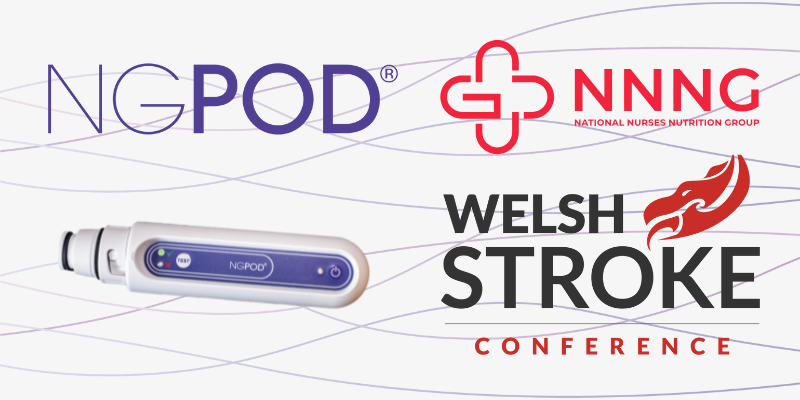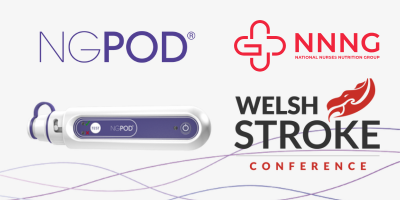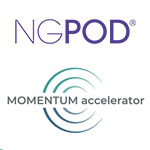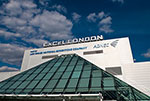NNNG and Welsh Stroke Conference
Last week was a particularly exciting and productive one for the NGPOD team as we had the opportunity to attend two key events: the National Nurses Nutrition Group (NNNG) Annual Conference and the Welsh Stroke Conference.


At the NNNG Conference, we were proud to engage with clinical nutrition leaders and frontline professionals from across the UK. The event provided a fantastic platform to showcase how NGPOD could support safer, more reliable confirmation of nasogastric (NG) tube placement. We had some great conversations around improving patient safety and reducing delays in feeding, issues which remain high on the clinical agenda.
Simultaneously, we were also present at the Welsh Stroke Conference, where we connected with stroke specialists, nurses, and allied health professionals. With stroke care teams often relying on timely NG tube placement for nutrition and medication delivery, our solution drew a lot of interest. It was a great opportunity to highlight how NGPOD could help improve outcomes for stroke patients.
We’re incredibly grateful to both event organisers for hosting such well-run, informative conferences. It was inspiring to see so much commitment to innovation, collaboration, and improving patient care.
If we met you at either event, many thanks for stopping by! We’re always happy to continue the conversation. If you’d like to learn more about NGPOD, please feel free to get in touch!
More from the newsfeed
September 21, 2025
NGPOD Being Used in 20 Hospitals across United KingdomSeptember 14, 2025
NGPOD Selected for Health Innovation Network Momentum AcceleratorSeptember 7, 2025
NGPod Global at BAPEN 2025: Join us at ICC WalesSeptember 1, 2025
NGPOD to Showcase Next-Generation Digital pH Testing at HETT 2025WHAT IS NGPOD?
NGPod: Stop "Never Events", improve patient recovery and reduce costs
The NGPod handheld devices overcomes many of the risks associated with existing Nasogastric placement confirmation methods.
- No aspiration required
- No interpretation required. Get a clear "Yes/No" answer
- Rapid result [c.15 seconds]
- Reduce delays to patients treatment, hydration and nutrition
- More cost-effective than testing with pH strips



.jpg)


%20(1).jpg)














